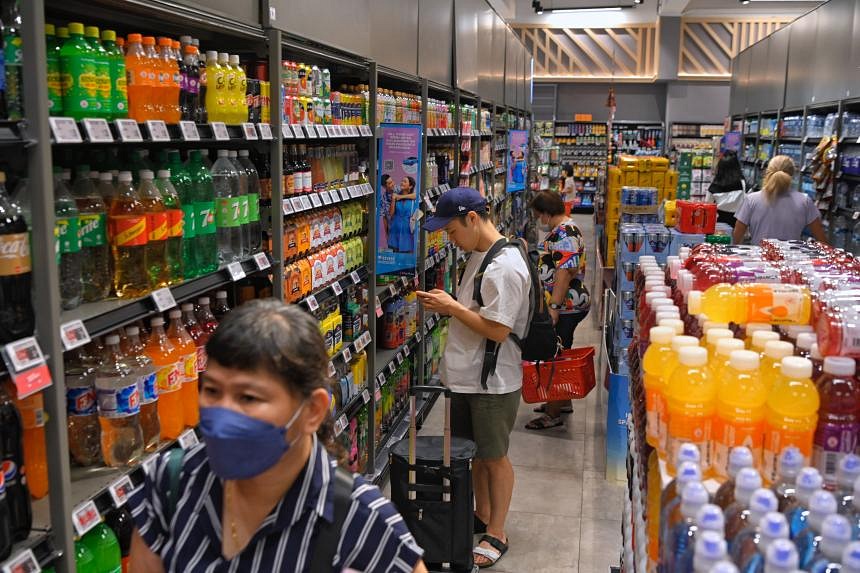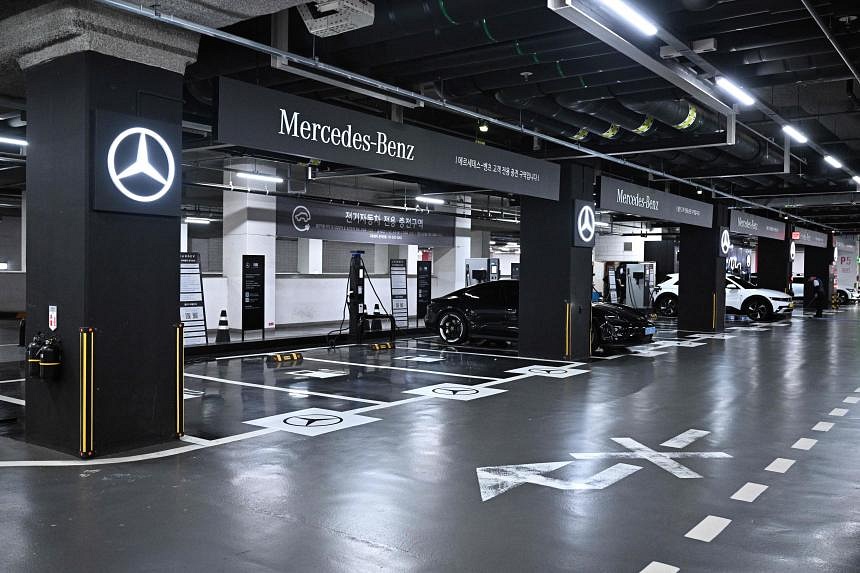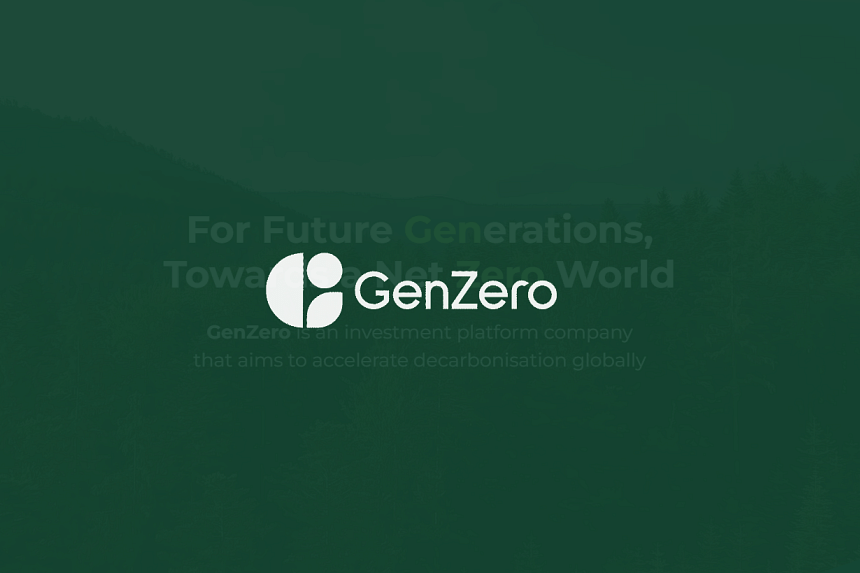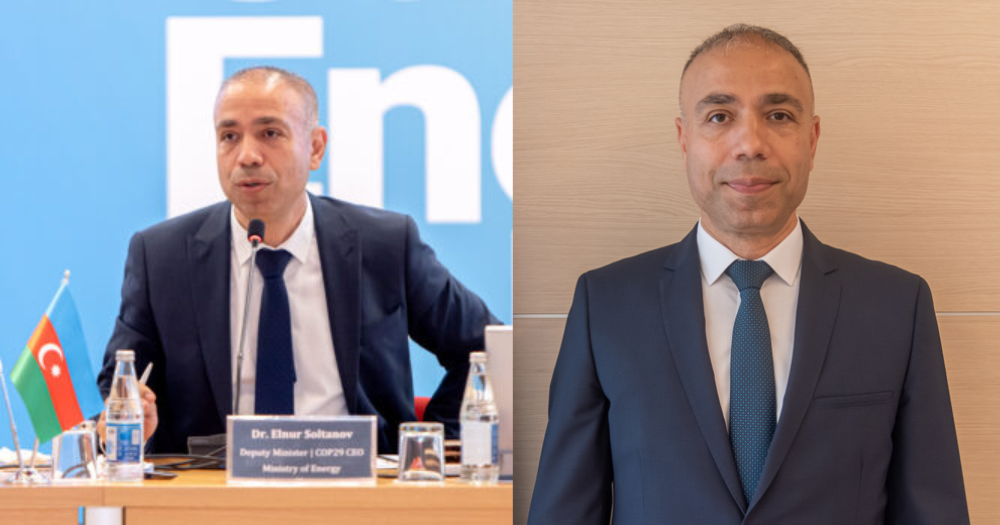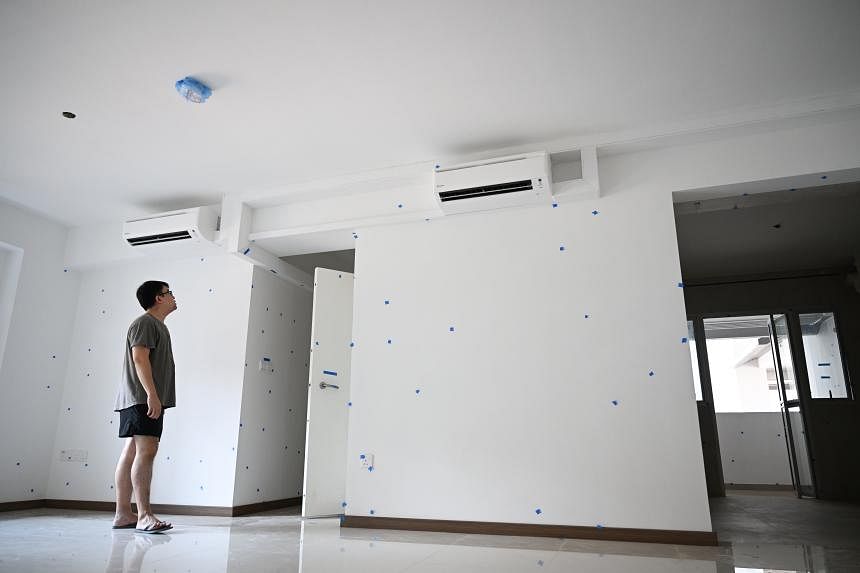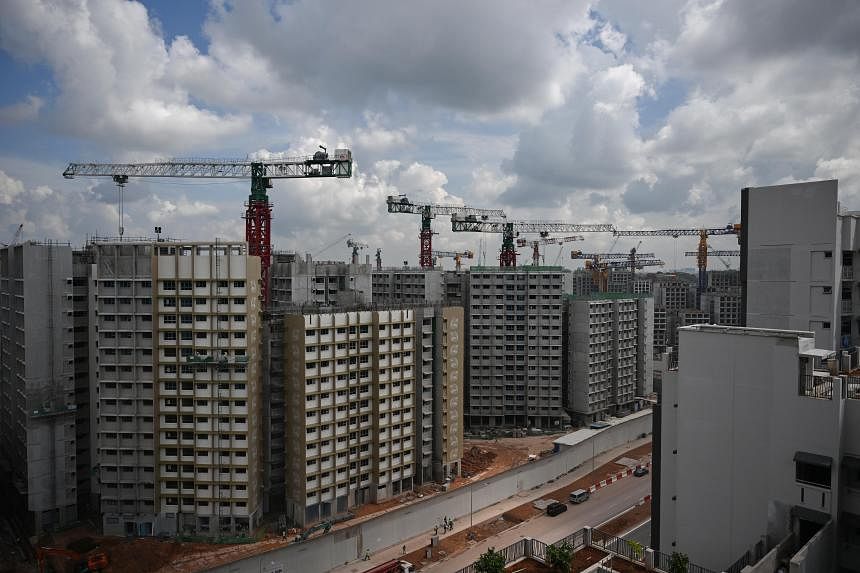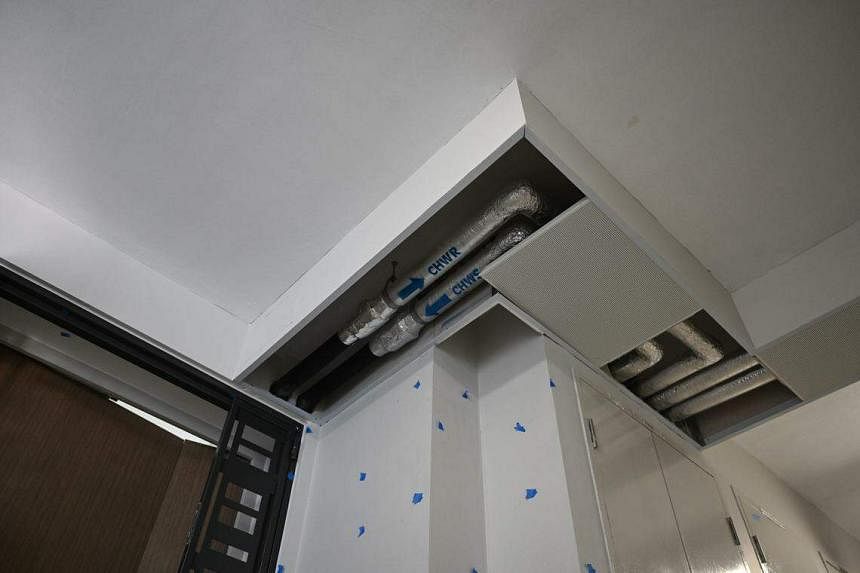Go green lah...
Centralised cooling system in Tengah runs into teething issues for first batch of residents
The system uses chilled water to remove heat, unlike conventional air-conditioning units that are connected to outdoor compressors. ST PHOTO: SHINTARO TAY
2 of 2
Tengah is the first HDB estate to provide a centralised cooling system as an option for home owners. ST PHOTO: SHINTARO TAY
Isabelle Liew
Oct 13, 2023
SINGAPORE - The first centralised cooling system in a Housing Board estate has run into teething problems as the first batch of residents of Tengah town collect the keys to their flats.
Residents The Straits Times spoke to said the cooling system in their units was not cold enough, with some units “blowing hot air”.
Mr Dinesh Sailan, 37, who collected the keys to his four-room Build-To-Order (BTO) flat in the Plantation Grange project at the end of August, said he was initially excited about the environmentally friendly cooling system but was disappointed when he gave it a go.
“In my master bedroom, it felt like the system was blowing hot air despite being set to 16 deg C,” the compliance manager, who was among the first batch of Tengah flat owners, told ST in September.
Ms Jackline Chang, 29, also said the cooling unit in her five-room flat was not sufficiently cold at first. “After turning it on for a few hours, the house was still not cold,” said the architectural executive.
She added that it was “a bit disappointing”, having waited about four years for her BTO unit from when she booked it.
Tengah,
billed as an eco-friendly and car-lite “forest” town, is the first HDB estate to provide a centralised cooling system as an option for home owners.
The system uses chilled water to remove heat, unlike conventional air-conditioning units that are connected to outdoor compressors and use refrigerants to cool down flats.
Centralised chillers on the blocks’ rooftops produce chilled water that is piped directly into homes.
This cooling alternative offers up to 17 per cent savings in “life-cycle costs” – including those for maintenance – compared with conventional systems, said a spokesman for utilities firm SP Group, which manages the system.
Life-cycle cost savings are calculated based on a 20-year period.
Manufacturer Daikin is responsible for installing the units in the flats and resolving issues.
As at Aug 23, nine in 10 – or more than 10,600 – residents of Tengah have opted for the system.
In response to ST’s queries, the SP spokesman said last Saturday that HDB had an accelerated construction schedule to hand over blocks to residents following delays due to Covid-19.
The company therefore needed more time to carry out checks to make sure the cooling system runs smoothly.
He said SP would conduct service checks for residents who have already collected their keys, and carry out testing and commissioning for flats due to be handed over in the coming months.
“This process may take up to four weeks, and during this time, residents may experience some intermittency in cooling supply,” he said.
As at Oct 6, the majority of the feedback SP received has been resolved, he added.
Ms Jackline Chang with her husband, Mr Andy Wong. Ms Chang said the cooling unit in her five-room flat was not sufficiently cold at first. ST PHOTO: SHINTARO TAY
Ms Chang, the architectural executive, said that during an inspection by SP, its crew found that the valve outside her unit was not opened fully. When it was rectified, the system started pumping out cool air.
Mr Dinesh, the compliance manager, said the issues he faced with the system in his flat have also been resolved after two visits from SP.
Other issues residents raised include how the cooling system’s trunking looks and what they described as “disruptive” structural beams in their flats.
Operations manager Jason Ong, 40, said he did not expect the structural beam in his living room, which runs parallel to the household shelter, to look “so odd”.
The beam has a notch in front of the shelter’s ventilation sleeve so that the sleeve can open or close.
“There’s also a beam in the middle of the wardrobe space in my master bedroom, which is quite disruptive.”
He has consulted an interior designer to search for a way to work around the beams and conceal the trunking, but has yet to find a solution.
An HDB spokeswoman said Plantation Grange and Plantation Acres are among the first HDB projects to be built using the prefabricated pre-finished volumetric construction (PPVC) method, which is a Lego-like stacking and assembling process that speeds up construction.
“Structural beams are required for each PPVC module for handling and transportation, and to connect with other modules during installation.”
As a result, all four- and five-room, as well as three-generation flats, in Plantation Grange have a beam in the main bedroom.
Furthermore, in all four-room and three-generation flats, the notch in the beams that run parallel to household shelters exists because of a Singapore Civil Defence Force regulation that enough space, of at least 500mm, is needed in front of the ventilation sleeve.
“The notch is not a defect, and it does not affect the structural integrity of the flat,” said the HDB spokeswoman.
Residents said the cooling system in their units was not cold enough, with some units “blowing hot air”. ST PHOTO: SHINTARO TAY
HDB has offered residents of these flats the option of installing a removable board to cover the notch, free of charge. About 30 residents have requested this so far, the spokeswoman said.
As at Sept 26, the keys for about 295, or 12.6 per cent, of the 2,333 units in Plantation Acres and Plantation Grange have been collected.
ST reported earlier that Tengah residents had also highlighted the
inaccessibility of public transport in the new town.
Ms Chang, who has a three-month-old daughter, said she hopes to move into her new home by the end of the year but is concerned about dust from neighbouring construction sites.
“It’s a blessing that my husband and I managed to get a unit in this up-and-coming estate. I just hoped for better execution, especially from the cooling system.”
With regard to the dust, HDB said its contractors have raised the frequency of road cleaning to twice weekly.
“We have also instructed all HDB construction worksites in Tengah to step up their housekeeping measures to ensure that debris and dust from their construction activities are kept within their worksites as far as possible.”

